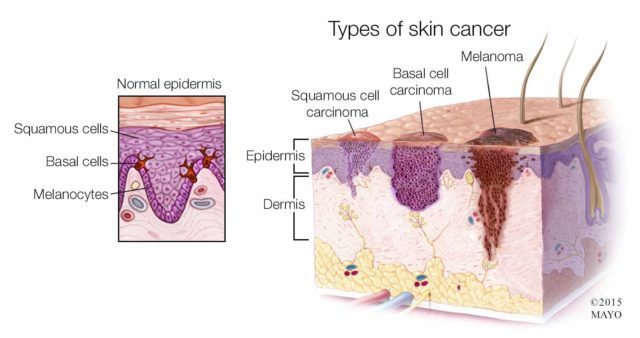
A report by the Organization for Economic Cooperation and Development (OECD) and the World Bank on the state of general health in Latin America reveals that Costa Rica’s success in the survival rates among the cancers with the highest mortality in the region.
According to the study called “Health Outlook: Latin America and the Caribbean 2020”, the five-year net survival rate refers to the probability that cancer patients are alive five years after diagnosis.
Survival is expressed as a percentage between zero and one hundred, referring to the data in the five-year period, by age and sex, without taking into account the risk of dying from other causes. The OECD report focuses on four types of cancer: breast cancer, cervical cancer, colon cancer, and rectal cancer. In each of them, Costa Rica occupies a prominent place in the evaluation of survival.

Breast cancer: world leader
Costa Rica has the highest five-year net survival in the world among women with breast cancer (86.7%) and is the only country in Latin America that exceeds the OECD average of (84.8%) and well above the Latin American average (78.4%).
Cervical Cancer: Latin American leader
The Latin American average of cervical cancer is 59.5%. Costa Rica reaches 78%, the highest percentage in Latin America. Cuba (72.9%) and Brazil (59%) also stand out among the above-average countries.
Colon cancer: second in Latin America
The Latin American average in colon cancer survival is 51.7%. Costa Rica is among the highest in the region (60.1%), and slightly less than the OECD average of (62.1%).
Rectal cancer: second in Latin America
The average in rectal cancer is 60.6% in the OECD and 45.8% in Latin America. Between those two averages; that is, above the Latin American average are Peru (54.8%), Costa Rica (53.9%), Uruguay (50.1%) and Argentina (49.9%).
“We are pleased to know that we are on the right track,” says the medical manager of the Costa Rica Social Security Fund, Dr. Mario Ruiz Cubillo. He points out shared responsibility as a motivator for success: “Costa Ricans know that the Fund is committed to comprehensive cancer care and therefore increasingly responding to early detection tests, which are key to improving survival.”
For the general manager, Dr. Roberto Cervantes Barrantes, “these results commit us to work stronger and more united to maintain that comprehensive care model that the Board of Directors has promoted since it designated cancer as an institutional priority in 2011.”
Cervantes highlighted the increase in the budget to treat the disease as an important factor in the approach to cancer: the investment in 2010 was 3,086 million colones, while in 2019 it was 35,365 million colones.

Joint responsibility: the Fund and the Community
Survival data is valuable because it reveals how the management of a country behaves, since it is necessary to have comprehensive care to treat each type of cancer in order to add more years of life.
This means timely diagnosis, treatment at the appropriate moment and with the correct technologies and medications that must improve survival, but all this in the context of a balance for the sustainability of the health system, allowing us to continue providing detection and being prepared for patient monitoring.
For this reason, cancer survival is an indicator to assess the effectiveness of the health system as a whole, since it shows the comprehensive response of the health system to the disease, says Dr. Roy Wong McClure, staff of the CCSS.
Wong draws attention to a key point in the success of the Fund: “the Institution makes an effort of comprehensiveness in the approach and synchrony in the three levels of care, which generates detection capacity throughout the territory and the adaptation of centers specialized in a timely manner and quality care.
And that effort begins with in-depth epidemiological analyzes that allow the regions to be characterized, so that each one of them can act with knowledge of the disease risk map. In other words, the country has a broad approach and established a serious work path at all levels.

